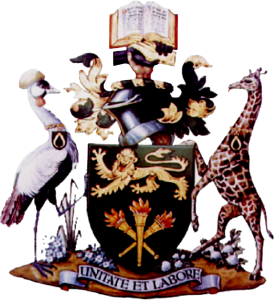- Teacher: DR. LUCY WANGUI NJAGI
Purpose of the Course/Unit
The course/unit examines in considerable detail the process and practice of monitoring and evaluation as part and parcel of good practice in managerial performance. The purpose is to introduce learners to the tools and competencies needed for effective and efficient adminstration of public enterprises using M and E which has shown to be an effective tool for public sector management
Expected Learning Outcomes:
By the end of this course/unit, learners will be able to:
- Explain the foundations of monitoring and evaluation.
- Examine the theoretical basis of monitoring and evaluation and differentiate between the two.
- Describe the approaches and methods to monitoring and evaluation suitable for education.
- Analyze monitoring and evaluation methods showing their relevance to the education sector.
- Carry out effective and efficient monitoring and evaluation of education programmes , projects, institutions and policies using the tools learnt.
- Acquaint themselves with monitoring and evaluation tools used by the UN and other development partners.
- Acquire competencies in developing appropriate indicators that can be used to measure effectiveness and efficiency in educational planning and successfully monitor and evaluate the education sector showing its contribution to national development.
Course Units
Foundations of Monitoring and Evaluation, Theoretical underpinnings of Monitoring and Evaluation. Basic concepts of Monitoring and Evaluation; Monitoring; Evaluation, M and E. Principles of Monitoring and Evaluation, Approaches to Monitoring and Evaluation. Methodologies of Monitoring and Evaluation. Monitoring and Evaluation Systems. Performance Based Monitoring and Evaluation in Practice. Monitoring and Evaluation tools. Monitoring and Evaluation Requirements and processes. Use of Monitoring and Evaluation results. Monitoring & Evaluation in the UN System
Mode of Delivery:
Face-to-face Lectures, Group Discussions, In-class exercises and readings, Research presentations, On-line interaction and essays.
Strategies for Experiential Learning
- Field visits to appropriate/relevant institutions such as the National Monitoring and Evaluation Secretariat (NEMS).
- Field visits to appropriate/relevant institutions such as the CPU of the Ministries of Education, Science &Technology.
- Students will be required carry out research and make class presentations individually or in groups.
- Students will be required to develop KPIs in education and write briefs M& E reports on issues of importance and significance to the education sector.
- Teacher: PROF. RAPHAEL ONDEKO NYONJE

